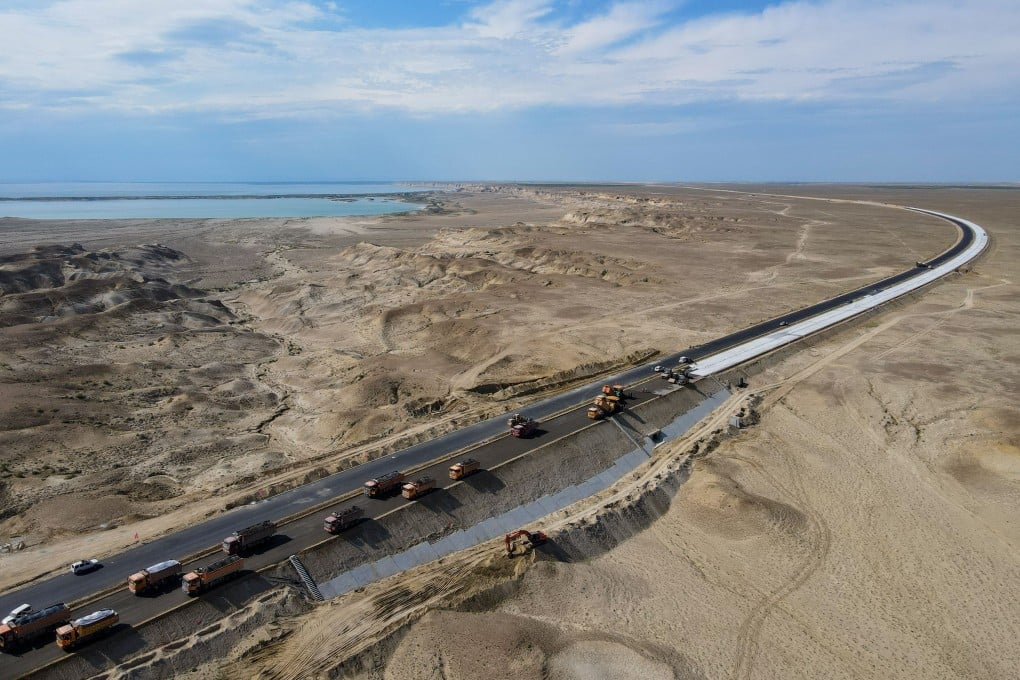Outside In | How China inadvertently became the dominant power in Central Asia – and is radically reshaping the region
- Central Asia sits at the heart of China’s foreign policy, not because of any expansionist ambitions but because it is an extension of domestic challenges in Xinjiang
- To build a strong economic environment to support Xinjiang, Beijing has been transforming Central Asia through infrastructure projects

If you want to get your head around China’s foreign policy priorities, you can do worse than dedicate a few quiet hours to Sinostan: China’s inadvertent empire, an examination of China in Central Asia by Raffaello Pantucci and Alexandros Petersen.
It focuses on a region that few of us ever consider – that vast, poor space between western Europe and China that was once the soft underbelly of the then Soviet Union. This is a region that has been of peripheral concern to today’s leading global powers, who over the past two centuries have risen on the back of maritime strength.
This is a book based on more than a decade of footslogging through China, Kazakhstan, Tajikistan, Kyrgyzstan, Uzbekistan, Turkmenistan and Afghanistan. Started by Pantucci and Petersen together, it was carried to the finish line by Pantucci alone, since Petersen was tragically killed in a bomb blast in Kabul in 2014.
It is about China’s massive and inevitable centripetal pull – its GDP is almost 50 times bigger than the Central Asian states combined; about the value of resource-rich Central Asia to a country uncomfortably short of many natural resources; about the delicate challenge of strengthening links without triggering hostile resistance from Moscow; about the headaches linked with balancing conflicts across a notoriously volatile and autocratic region; and about why China remains doggedly unloved and untrusted.
It is also a critical test bed for China’s Belt and Road Initiative, and its profound belief that economic development must start with building good infrastructure.
